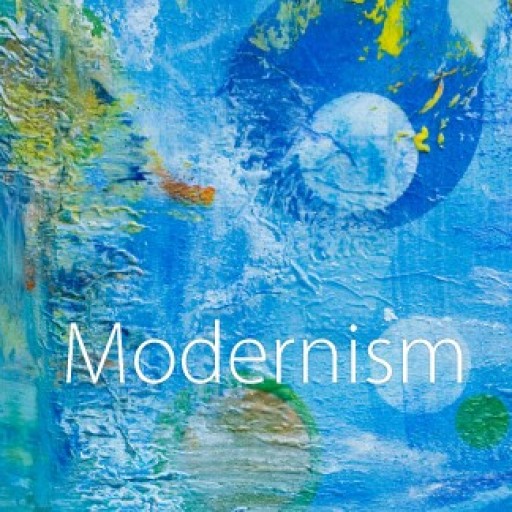William Butler Yeats’ “The Second Coming” is a frequently abused poem. Fragments of the poem consistently are taken out of context and misinterpreted to represent ideas the poem has nothing to do with. The line “Things fall apart; the centre cannot hold” (Yeats 3) is a frequent target of reckless quoting. Whenever a situation seems unsteady, if a book is to be written or an album sung about it, a writer may feel the urge to slap a title that contains either the phrase “The Center Cannot Hold” or “Things Fall Apart” across the work’s cover. What makes Chinua Achebe’s Things Fall Apart any different from the many misuses of the poem?
Life for the villagers of Umuofia and other African clans actually falls apart. The center of their entire society is collapsing under the weight of the Second Coming, better known as the arrival of their self-proclaimed saviors, Western colonialists.
Things‘ protagonist, Okonkwo, is the epitome of excellence within his Nigerian village. He is the metaphorical center of what hold his society together – a strong, macho man with an influential grip on his family, his neighbors, and his destiny. However, “the rough beast” that “is the West” sails its way into Okonkwo’s and practically every African’s life (Tabor). The West causes and leads the fragmentation of tradition within Okonkwo’s village and many villages across the nation. Eventually, as one of the few remaining personifications of what lost tradition, Okonkwo realizes his way of life is gone. What was known to him is no longer accepted. He hangs himself before the rough beast gobbles him up, although in doing so he violates the rules of his old society.

Chinua Achebe in 1967, nine years after the original year of publication of Things in 1958. Photograph by Michael Neal and posted with The Guardian’s obituary for Achebe.
After the discovery that the villagers no longer want to resist the colonists, life disintegrates in front of Okonkwo’s and the village elders’ eyes. A disintegrated life cannot be put back together because the remaining pieces of that life become indistinguishable. Heads cannot be differentiated from tails, making wrong now possibly right and right now possibly wrong. Okonkwo committed suicide when he realized his life could not be put back together. Others followed the rough beast because there was nothing left in its wake, only making nods to tradition by declaring Okonkwo’s dangling body as “evil” and “an offense against the Earth” (Achebe, ch. 25). When the West slouched its way onto the coasts and body of Africa, the center of African society could not withhold itself. While Yeats uses “The Second Coming” to say the West’s worst enemy is itself, Achebe uses the’ poem to say the West is everyone’s worst enemy.
To get an idea of why Things Fall Apart is a perfect title for this Achebe novel, hear from the man himself in the video below.
[youtube http://www.youtube.com/watch?v=JHF_w0gkyiI&w=560&h=315]
Works Cited
Achebe, Chinua. Things Fall Apart . New York: Knopf Doubleday Publishing Group, 2010. Nook file.
Tabor, Nick. “No Slouch.” The Paris Review. The Paris Review, 7 Apr. 2015. Web. 8 Sept. 2015.
Yeats, William Butler. “The Second Coming.” Poetry Foundation. Poetry Foundation, n.d. Web. 8 Sept. 2015.



Leave a Reply